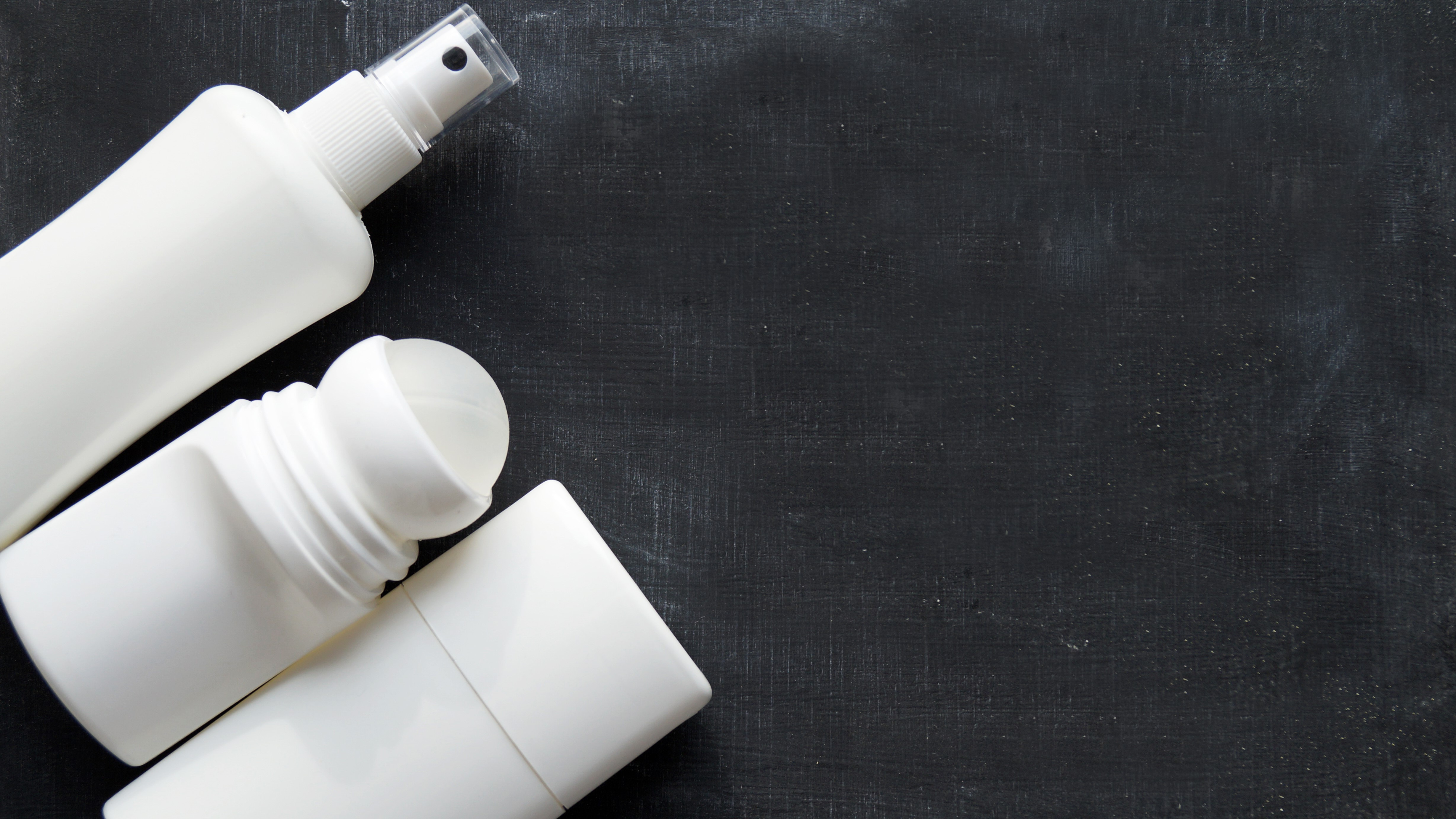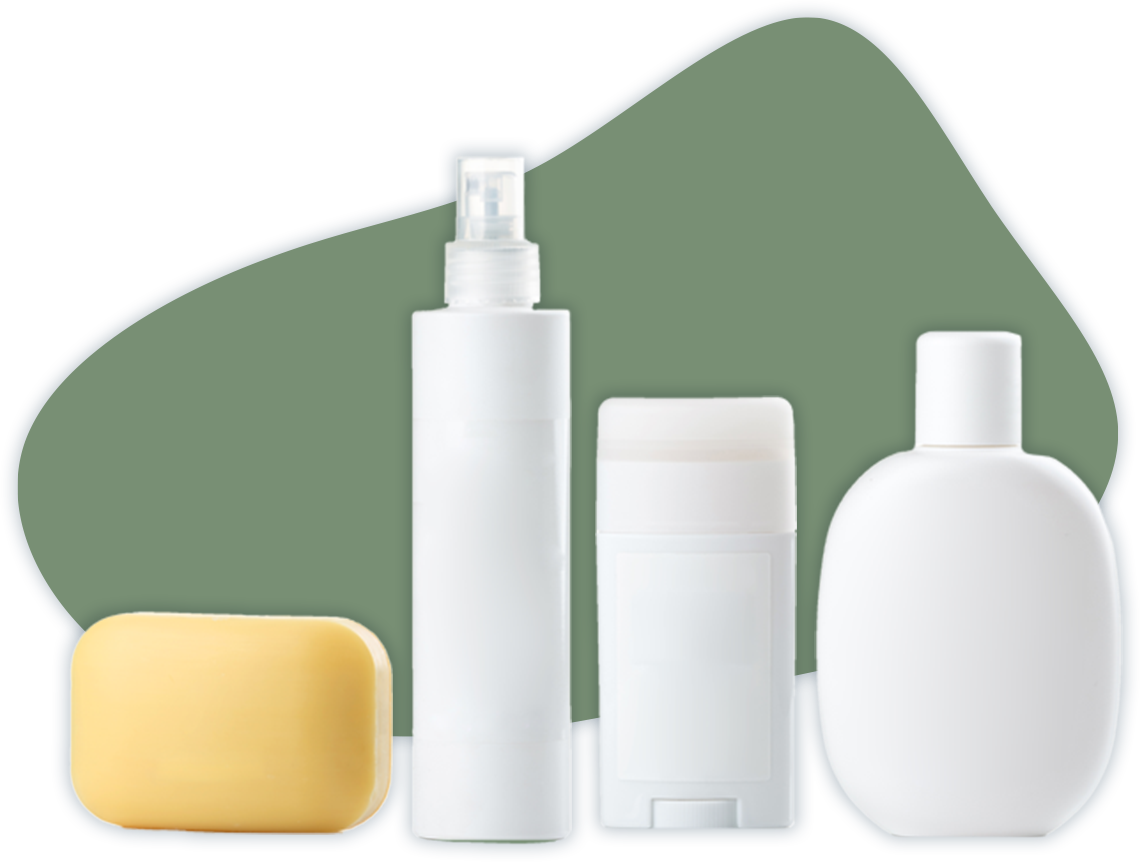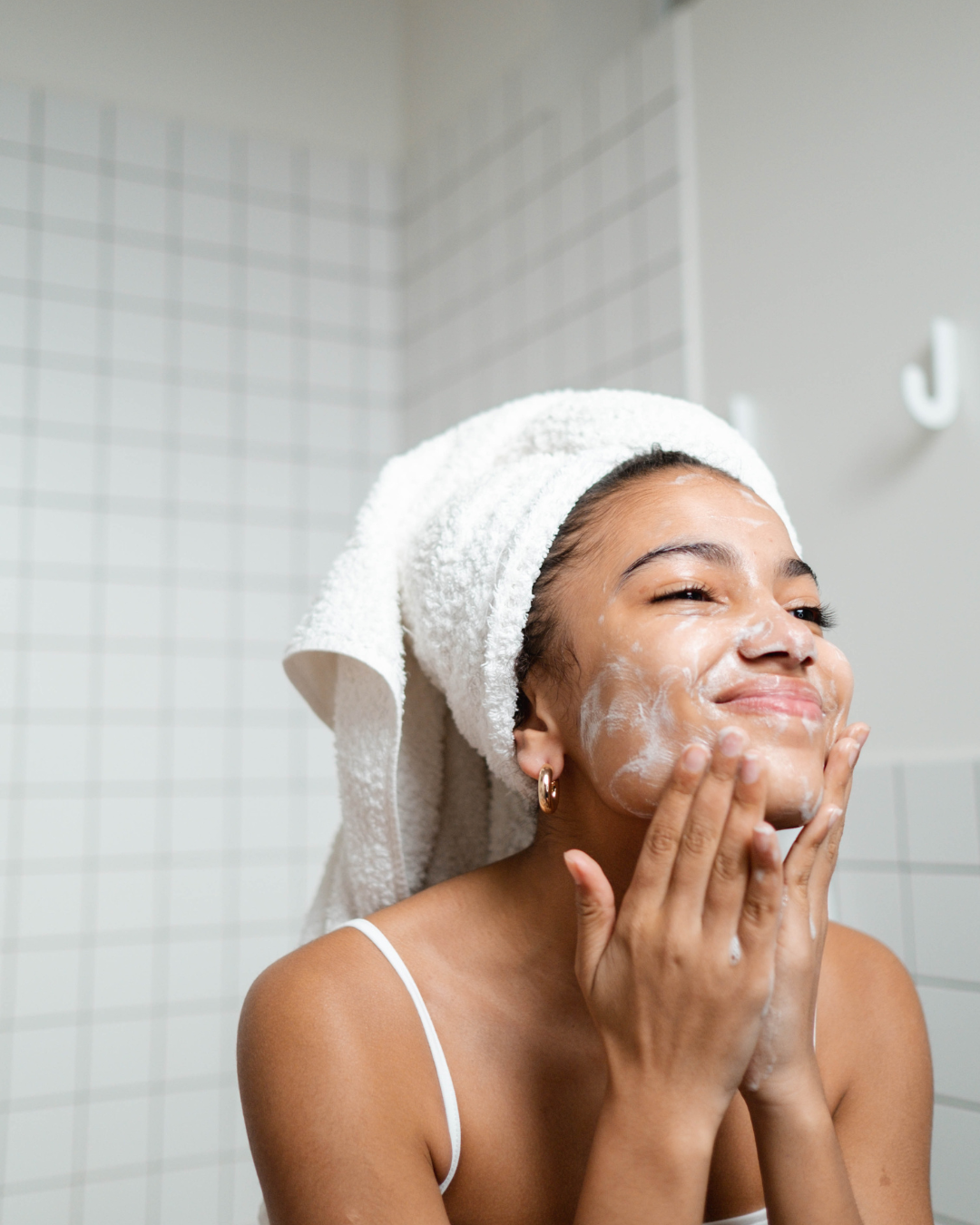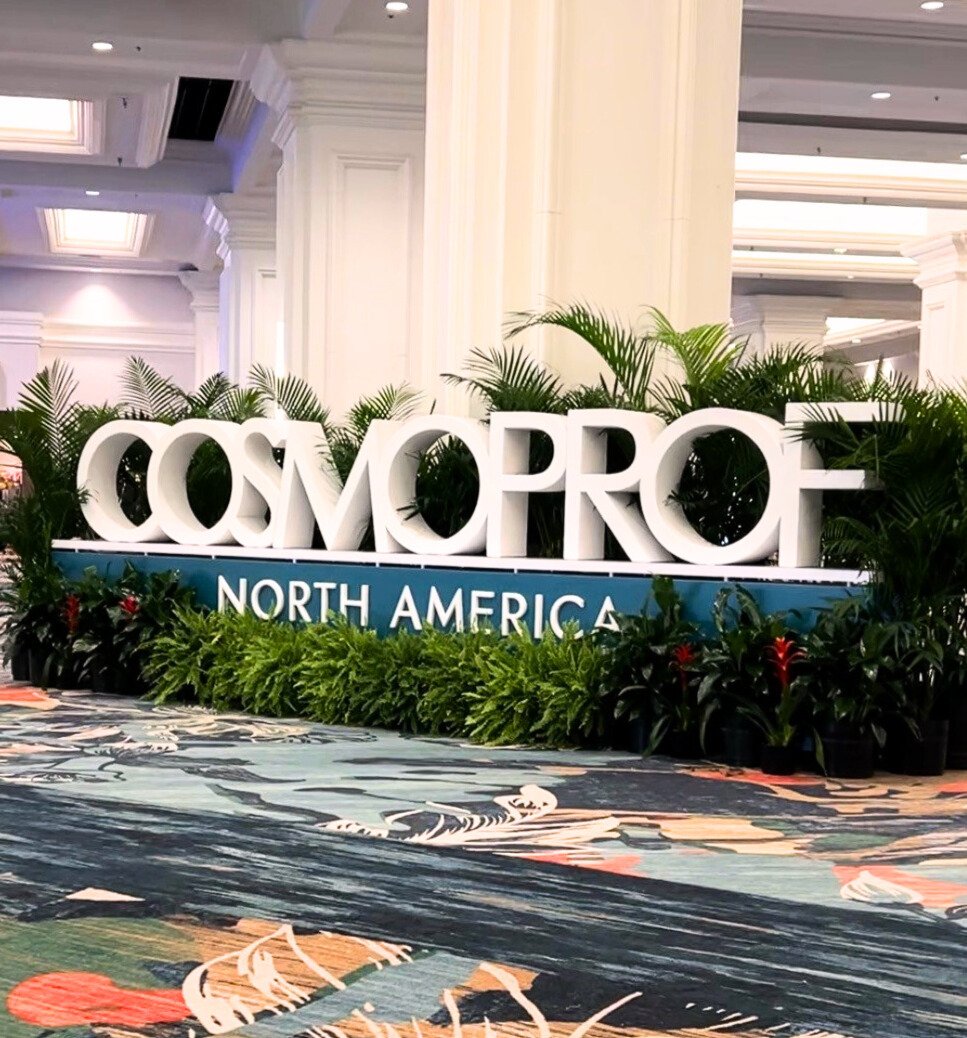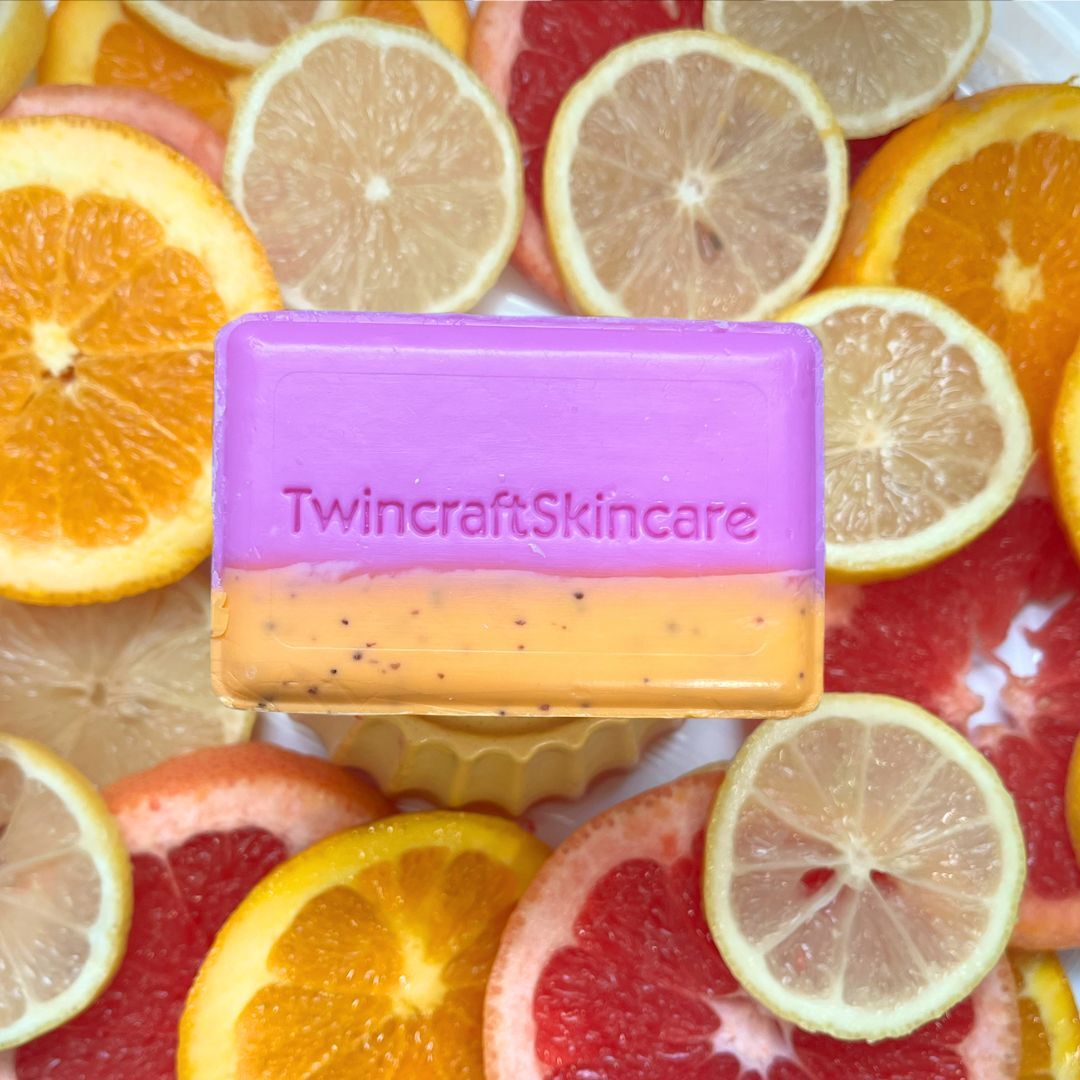An overview of a growing & changing market segment, with an explanation of the impact of the COVID-19 market on deodorant sales.
In the year 2020, many choices are hotly debated. As Americans rage on about mask mandates, the best meat substitute, and of course, who shall be elected as Commander in Chief for the next 4 years, there’s one thing that just about everyone agrees on: deodorant usage.
Mintel reports in its Bodycare and Deodorant – US – June 2020 report that 88% of those surveyed used any anti-perspirant or deodorant (APDO) product, with 78% reporting that they use a deodorant or antiperspirant stick, and only 31% use a spray.
.png?width=560&name=Which%20of%20the%20following%20deodorant%20products%20have%20you%20used%20in%20the%20past%2012%20months_%20(1).png)
The fact that such a large group of shoppers already purchase products from this category means that new offerings need to differentiate themselves from the key players who are already well established in the space. Given the prioritization of clean claims, safety concerns, and sustainable packaging options, though, there is plenty of opportunity for brands to make a play for those who are ready to explore new product offerings to replace their old personal care standbys.
APDO Market Overview 2020
Pre-COVID-19, market expectations were very high for the APDO space going into a new decade. APDO is the strongest personal care category in both sales and usage, and the increased focus on natural and premium product offerings in body care boded well for a strong year in APDO sales.
Total US Retail Sales & Forecast of APDO, At Current Prices (Mintel, 2015 - 2020)
| Year | Sales | % Change, YoY |
| 2015 | $2,977,000,000 | - |
| 2016 | $3,084,000,000 | 3.6% |
| 2017 | $3,152,000,000 | 2.2% |
| 2018 | $3,325,000,000 | 5.5% |
| 2019 | $3,563,000,000 | 7.2% |
| 2020 (est) | $3,635,000,000 | 2.0% |
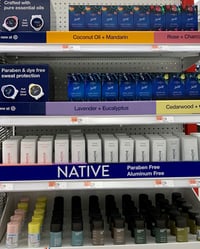 However, social distancing guidelines, stay-at-home orders, and other unique variables that were difficult to predict meant that consumers had a reduced need for products that prevent body sweat and odor this year. While shoppers still purchased APDO products, they demonstrated longer purchasing cycles that slowed the growth of the overall category.
However, social distancing guidelines, stay-at-home orders, and other unique variables that were difficult to predict meant that consumers had a reduced need for products that prevent body sweat and odor this year. While shoppers still purchased APDO products, they demonstrated longer purchasing cycles that slowed the growth of the overall category.
APDO products are considered hygiene essentials, and their availability at mass retailers and grocery stores that remained open throughout the strictest parts of lockdown orders helped support sales in the overall personal care market.
The situation presented tremendous opportunity for Direct-to-Consumer (DTC) channels, so while APDO products were historically purchased in-store during routine grocery store runs or Target hauls, the new reality that 2020 presented helped allow shoppers to find more comfort in purchasing APDO online rather than in a brick and mortar store.
.png?width=560&name=The%20Impact%20of%20COVID-19%20on%20the%20Deodorant%20Market%20(May%202020).png)
The pandemic has influenced sales of conventional antiperspirant products negatively, but the category has seen a lot of support from the natural movement that resonates with so many of Twincraft Skincare’s key customers. Mintel reports that this year, 24% of adults believe that products made with natural ingredients work just as well as products made with mainstream ingredients, which signals a shift in consumer confidence in the efficacy of natural formulas.
Attitudes Towards Natural Deodorant
We know that those who are shopping for natural deodorant are largely looking to avoid one key ingredient: aluminum. Aluminum functions to stop sweat and prevent body odor at the source, but the ingredient is plagued with an increasing amount of concern on its safety and role in hormone disruption and cancer.
20% of US adults who use APDO products say that they use natural deodorant because they are concerned that antiperspirants can lead to health issues
While natural deodorants have long been an option for personal care shoppers, an increase in media attention and consumer education about the potential harm that aluminum can cause have led many brands, including large, conventional players, into the natural deodorant space. Dove and Secret both launched their first-ever aluminum-free deodorants in 2019, and natural brands Native and Schmidt’s have both experienced significant sales growth over the last 18 months as shoppers became increasingly interested in this product segment.
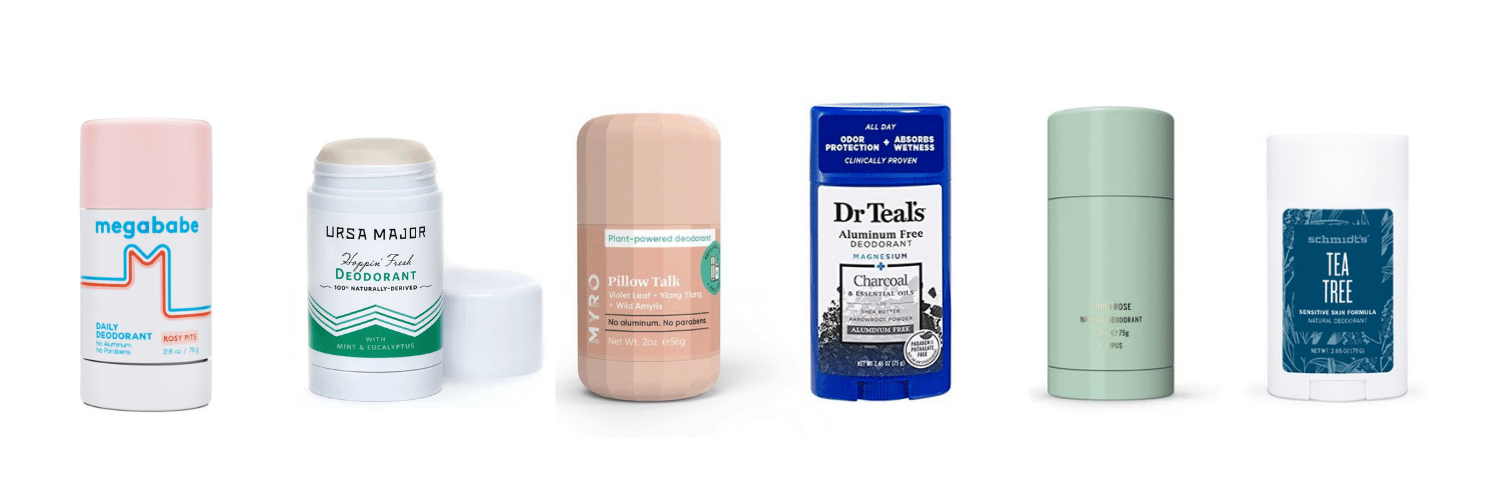
Natural Deodorants, Left to Right: Megababe Rosy Pits Daily Deodorant, Ursa Major Hoppin' Fresh Deodorant, Myro Pillow Talk Plant-Powered Deodorant, Dr. Teal's Aluminum-Free Deodorant, CORPUS Natural Deodorant, Schmidt's Tea Tree Natural Deodorant
Additional Trends Supporting the APDO Market
Holistic wellness has increased as a widespread trend across many beauty and personal care categories, and stressed out shoppers are looking for products to support their overall health and wellness, both physically and mentally.
Brands have the opportunity to tap into functional categories such as APDO with wellness-focused claims, and there is a lot of attention on mood care moving forward. Mood-boosting fragrances harness the power of aromatherapy and their benefits are a natural fit in the APDO space.
58% of US adults who use APDO products have used or are interested in trying deodorant infused with mood-boosting fragrances
Another trend that we expect to see more of in the APDO space is skincare claims finding their way into more natural deodorants. Benefits such as hydration or exfoliation have often been limited to masks or lotions, but shoppers are increasingly looking for products that are multi-functional with additional benefits.
Packaging Considerations for APDO Products
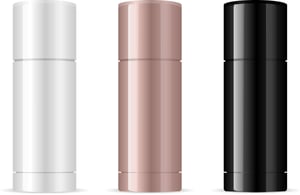 Sustainable packaging is an undeniable trend in the personal care space, and the APDO market is no exception. 20% of US adults rank environmental sustainability as one of the top three most important areas for a company to support, and 1 in 4 adults agree that they would be willing to pay more for products that are environmentally friendly.
Sustainable packaging is an undeniable trend in the personal care space, and the APDO market is no exception. 20% of US adults rank environmental sustainability as one of the top three most important areas for a company to support, and 1 in 4 adults agree that they would be willing to pay more for products that are environmentally friendly.
APDO products have traditionally been packaged in single-use plastic sticks that aren’t easily recycled or reused after the internal product has been used up. Many shoppers, especially Gen Z and Millennials, are increasingly looking to reduce single-use plastic from their lives in favor of materials that are easily composted or recycled, and there is tremendous opportunity in this space for more eco-friendly packaging options. Currently, a selection of brands have launched cardboard deodorant tubes as well as sticks with refillable cartridges, usually at a higher price point than their conventional alternatives.
While sustainability is a key concern for a segment of shoppers, there is also speculation that a plastic ban at the state level could cause a more pressing need for brands to come up with alternatives to standard plastic sticks sooner rather than later. The faster sustainably oriented brands consider greener solutions for this product type, the better.
What’s Next for the APDO Space?
 There is tremendous growth potential in the natural deodorant market, as more consumers are looking for product offerings that are effective, sustainable, and pleasant to use. Given the fact that body odor and its causes vary so greatly person to person, there is a lot of room in the market for a variety of brands to leverage different formulas, packaging, ingredient stories, and application types.
There is tremendous growth potential in the natural deodorant market, as more consumers are looking for product offerings that are effective, sustainable, and pleasant to use. Given the fact that body odor and its causes vary so greatly person to person, there is a lot of room in the market for a variety of brands to leverage different formulas, packaging, ingredient stories, and application types.
Consumers are looking for more sophisticated, gender-neutral fragrance options, and they’d be open to paying more for multi-functional products. This space used to be limited to a small handful of industry giants, but as we look forward to innovation in a new decade, we know that the future of deodorant is about to get a lot more interesting.
Is your brand exploring a new product launch in the APDO space? Or are you looking for a new contract manufacturer to manufacture an existing deodorant product? Please contact our Sales team and we can discuss our capabilities, kit, formulation ideas and additional opportunities for partnership.
Source: Mintel, Bodycare and Deodorant – US – June 2020

